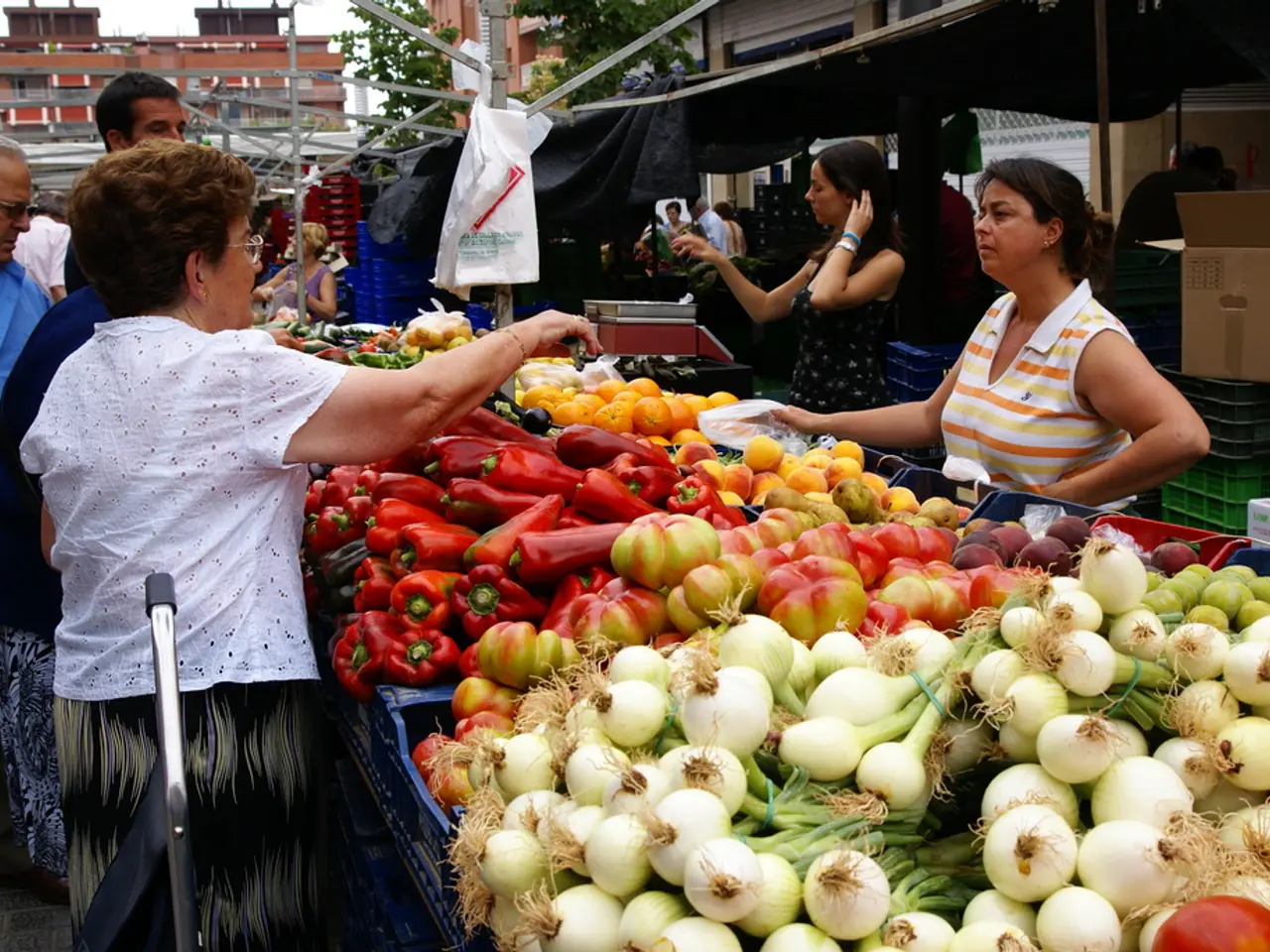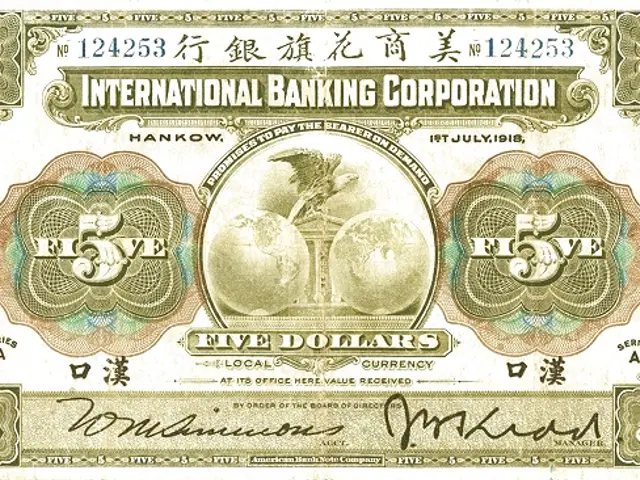Current Status of the United Nations Talks on Plastic Pollution
Disrupted negotiations on tackling plastic pollution crisis
The United Nations talks aimed at creating a legally binding instrument to combat plastic pollution have reached a stalemate. The most recent round of negotiations, known as INC-5.2, held in Geneva, Switzerland, concluded on August 15, 2025, without reaching a consensus on a global plastics treaty. The Intergovernmental Negotiating Committee (INC) involving 184 UN Member States failed to finalize a treaty due to significant disagreements among nations [1][2][3].
Main Concerns and Criticisms
- Lack of Binding Measures: The proposed draft text lacks binding measures across the full lifecycle of plastics, which is essential for effectively addressing plastic pollution [3][4]. Instead, it suggests more voluntary measures for countries, which many observers feel would be ineffective.
- Petrochemical States' Influence: Petrochemical-producing states have been criticized for their blocking stance in the negotiations, pushing for weaker provisions that align with industry interests rather than environmental and human health needs [3][4].
- Insufficient Environmental Protection: The draft text lacks decisive protection measures for marine ecosystems, including regulations on ghost gear, a significant contributor to marine plastic pollution [3].
- Scientific Evidence and Mandate: The proposed text does not align with the scientific evidence on the harmful impacts of plastics nor does it fulfill the UNEA 5/14 mandate to end plastic pollution [2]. Critics argue that the treaty needs to be more ambitious to address the scale of the problem.
- Process and Mechanism: The consensus mechanism used in the negotiations has been criticized for allowing a small group of countries to block progress. Calls have been made for reforming the negotiation process to prevent future deadlock [3].
Several countries have expressed their concerns. For instance, Qatar has expressed confusion about obligations without a clear definition of the treaty's scope, while Bangladesh believes the draft text fundamentally fails to reflect the urgency of the plastic pollution crisis [1]. Saudi Arabia and the United Arab Emirates also believe the draft goes beyond the mandate for the talks [1].
On the other hand, countries like India see the draft as a good starting point to move forward on finalizing the text [2]. The Like-Minded Group, consisting of oil-producing states, wants the treaty to focus primarily on waste management [2].
Environmental non-governmental organizations, including Greenpeace, the World Wide Fund for Nature, and the Center for International Environmental Law, have criticized the proposed text as a gift to the petrochemical industry and a betrayal of humanity [2].
As of now, the negotiations have been extended, with a new round expected but no dates or location set yet [2]. The United Nations is currently discussing a proposal to tackle plastic pollution, but it remains to be seen whether the countries can reach a consensus and create a treaty that effectively addresses the global plastic pollution crisis.
Fact Box
- Only 15% of plastic waste is collected for recycling, and only 9% is actually recycled [3].
- Nearly half (46%) of plastic waste ends up in landfills, while 17% is incinerated and 22% is mismanaged and becomes litter [3].
- Countries are having difficulty reaching a consensus on what to do about plastic pollution [1].
- The United Nations is currently discussing a proposal to tackle plastic pollution [1].
- The talks towards a legally binding instrument on plastic pollution opened on August 5 [1].
- The proposed compromise text is being criticized by a larger bloc of countries for lacking legally binding action [2].
- Kenya states that there are no global binding obligations on anything in the draft text [1].
- Kuwait, speaking for the Like-Minded Group, stated that the current text had gone beyond their red lines and that without consensus, there is no treaty worth signing [1].
- Panama has stated that the goal is to end plastic pollution, not simply to reach an agreement [1].
Read also:
- Germany's three-month tenure under Merz's administration feels significantly extended
- Governing body allegedly persists in enjoying vacation time amidst Spain's highest danger level due to fires, claims Feijóo
- United Nations Human Rights Evaluation, Session 45: United Kingdom's Statement Regarding Mauritius' Human Rights Record
- Hurricane-potential storm Erin forms, poised to become the first hurricane in the Atlantic Ocean this year.








